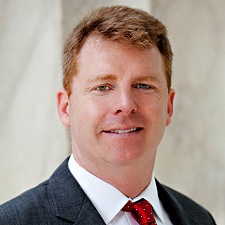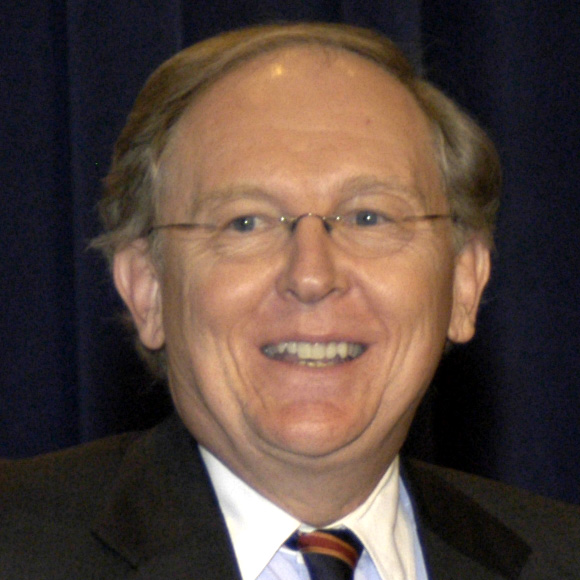ISIS: Tactics, Options, Risks
SMU experts provide expertise on responding to terrorist challenges such as ISIS and the recent beheadings.
In responding to a terrorist challenge such as ISIS, it is important to understand the extent to which U.S. interests are directly threatened. The horror of the recent execution of journalists has focused attention on the brutality of ISIS and has reminded us that we cannot ignore threats that are building. Yet a campaign of bombing ISIS targets in Iraq and Syria cannot alone significantly weaken them. After a few sorties ISIS will shift tactics and present fewer and fewer open targets. They will disperse into populations that will raise the risk of collateral damage from aerial bombardment to an unacceptable level. Read more . . .

The Obama administration should be wary of indulging in calls to smash ISIS. As we learned over the last decade, large-scale military action may feel satisfying, especially when the targets are morally repulsive. But military destruction leaves behind a political vacuum, and ruthless people will fight to fill it. We had a temporary celebration after toppling Saddam Hussein before Iraq descended into civil war. We may have another one if we destroy ISIS without being able to build a durable political order in the aftermath. Read more . . .

As the United States contemplates a large-scale military response to Islamic State militants, some things to consider:
- Beheading two Americans may lead the U.S. to use force in Syria where, previously, the deaths of more than 100,000 had not.
- ISIS/ISIL beheading two Americans in Syria, combined with their activities in Iraq, has led President Obama to do what he undoubtedly doesn’t want to do – commit U.S. resources to Iraq, again.
- ISIS/ISIL beheadings may prompt Congress to pass a new ISIS/ISIL-based authorization to use military force. The current AUMF is from September 2001, right after the 9/11 attacks. A "new and improved" AUMF could usher in or shape another decade of U.S. using force.
Christopher Jenks is assistant professor of law and director of the Criminal Justice Clinic at SMU Dedman School of Law. He is an internationally respected expert on the law of armed conflict. Prior to joining the SMU faculty, Professor Jenks served for over 20 years in the military.
To interview these and other experts, contact SMU News at 214-768-7650 or news@smu.edu
